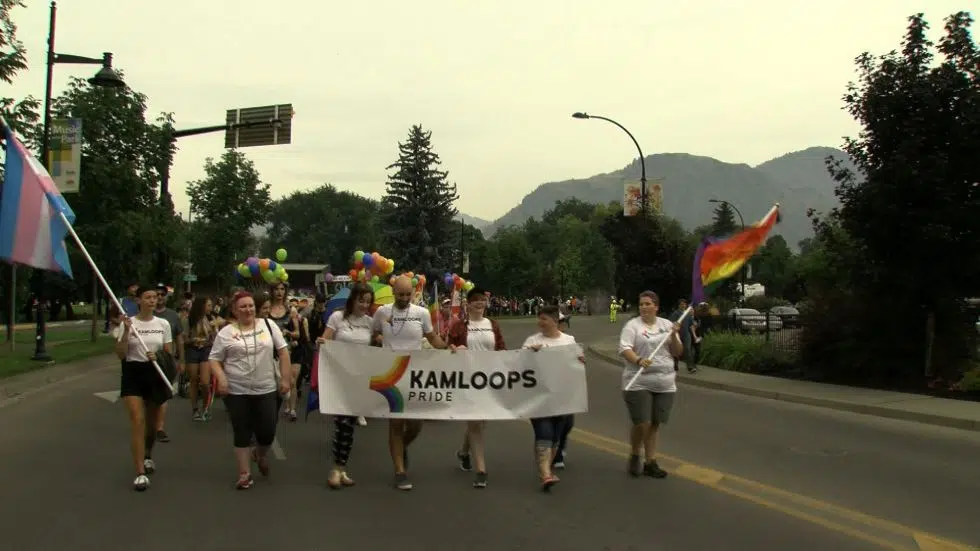
Pride, police, the public and the parade
KAMLOOPS PRIDE released a very carefully constructed statement last week that clearly explained the decision that had been reached mutually through long discussions with the Kamloops RCMP concerning the RCMP’s participation in this year’s Downtown Pride Parade.
The message was basically that the groups have decided that individual members are more than welcome to participate as private citizens in the parade this year, but the RCMP as an organization will not be.
This means that reasonable, educated and informed adults who have been working toward a complicated goal made a mutual decision for the good of everyone while agreeing to continue a healthy dialogue that’s moving in the right direction.
So why did a surprising number of people have such extreme reactions to the decision?


